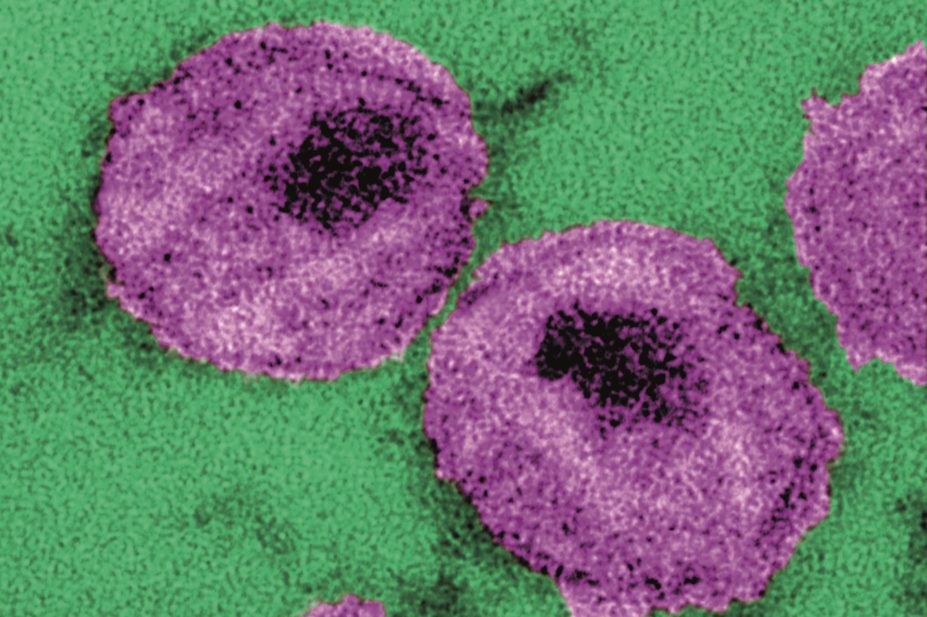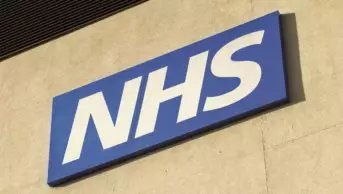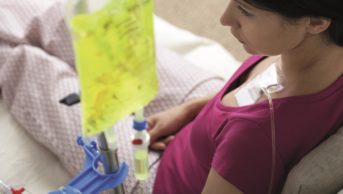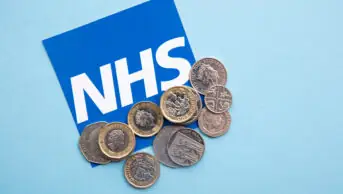
CDC / Dr. A. Harrison; Dr. P. Feorino
NHS England has announced that it will not fund HIV prevention drug Truvada (emtricitabine and tenofovir disoproxil fumarate), despite evidence that it dramatically reduces transmission of the virus.
The commissioning body says local authorities are responsible for commissioning HIV prevention services and that it would be open to legal challenges if it included pre-exposure prophylaxis (PrEP) within its specialised commissioning process.
The decision has been condemned by HIV charity the Terrence Higgins Trust, which says it had understood that NHS England would go ahead with a consultation on making PrEP available on the NHS.
Explaining the decision, NHS England says: “Including PrEP for consideration in competition with specialised commissioning treatments… could present risk of legal challenge from proponents of other ‘candidate’ treatments and interventions that could be displaced by PrEP if NHS England were to commission it.”
Instead, NHS England plans to set aside £2m to fund test sites to provide protection for 500 people most at risk of contracting HIV and to inform future commissioning arrangements.
Ian Green, chief executive officer of the Terrence Higgins Trust, says the “decision by NHS England to depart with due process, and, instead, offer a tokenistic nod to what has the potential to revolutionise HIV prevention in the UK, is shameful”.
In a real-world study of PrEP in the UK, it reduced HIV transmission by 86% among the most vulnerable men who have sex with men.
In 2014, 3,360 men who have sex with men were newly diagnosed with HIV in the UK.


